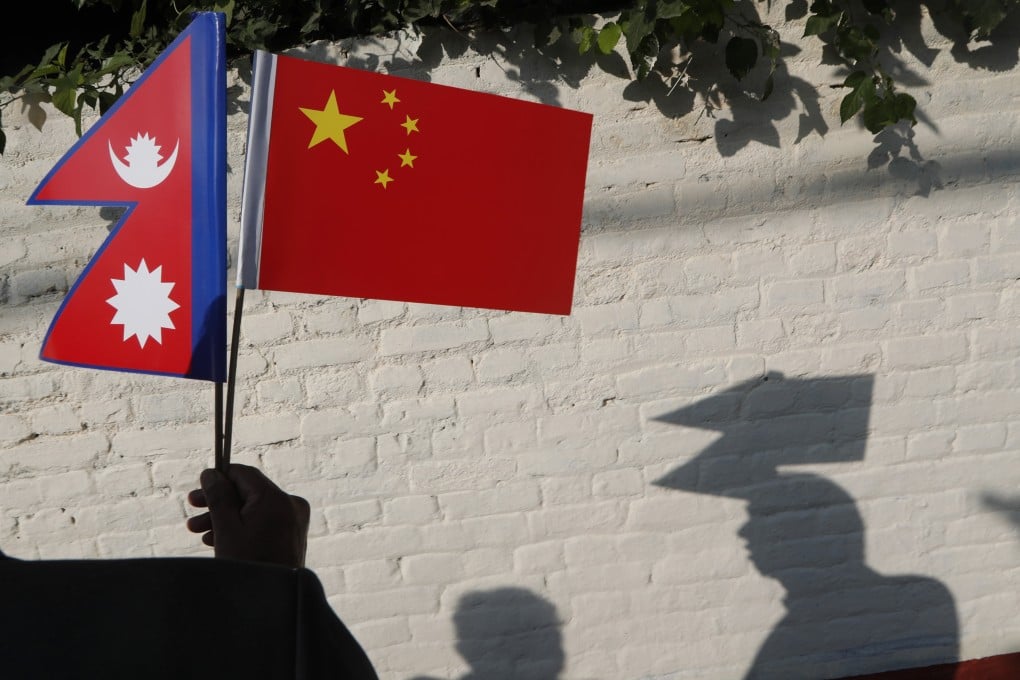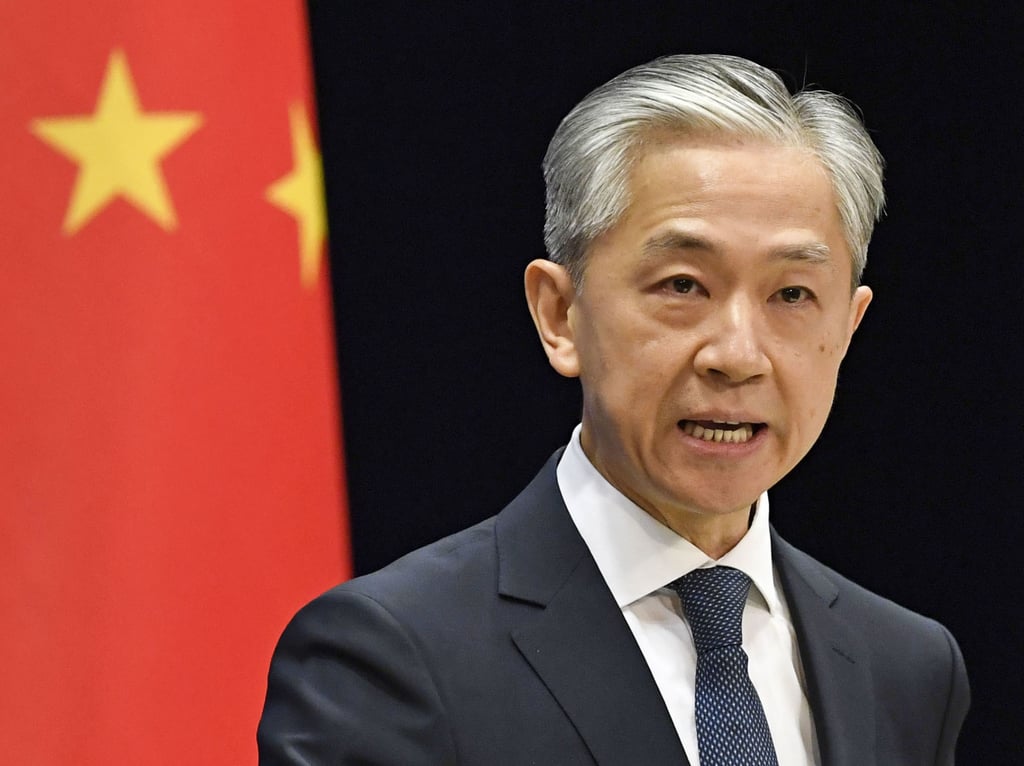China ‘commends’ Nepal’s decision to reject US partnership programme
- Beijing says it will continue to support Kathmandu’s ‘independent and non-aligned foreign policy’
- Nepal on Monday announced it would not move ahead with the SPP amid widespread opposition

China on Thursday said it commended Nepal’s decision to reject a security partnership with the United States and would continue to support Kathmandu’s “independent foreign policy”.
Kathmandu on Monday said it would not move ahead with the SPP amid widespread opposition to the partnership from within the country.
“As Nepal’s friendly and close neighbour and strategic cooperative partner, China commends the Nepalese government’s decision,” Wang told reporters in Beijing.
“China will continue to support Nepal in upholding its sovereignty, independence and territorial integrity and support Nepal’s commitment to its independent and non-aligned foreign policy. China stands ready to work with Nepal to jointly safeguard regional security, stability and shared prosperity.”

Nepal’s decision is a setback for the US effort to expand its security influence in South Asia under the Indo-Pacific strategy.